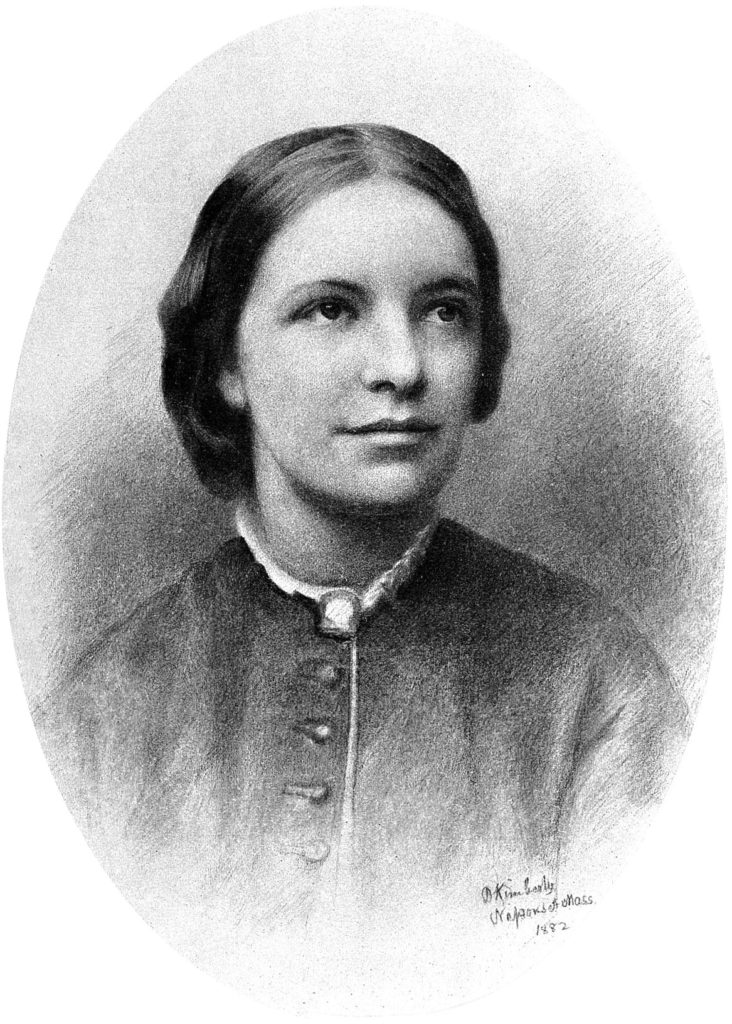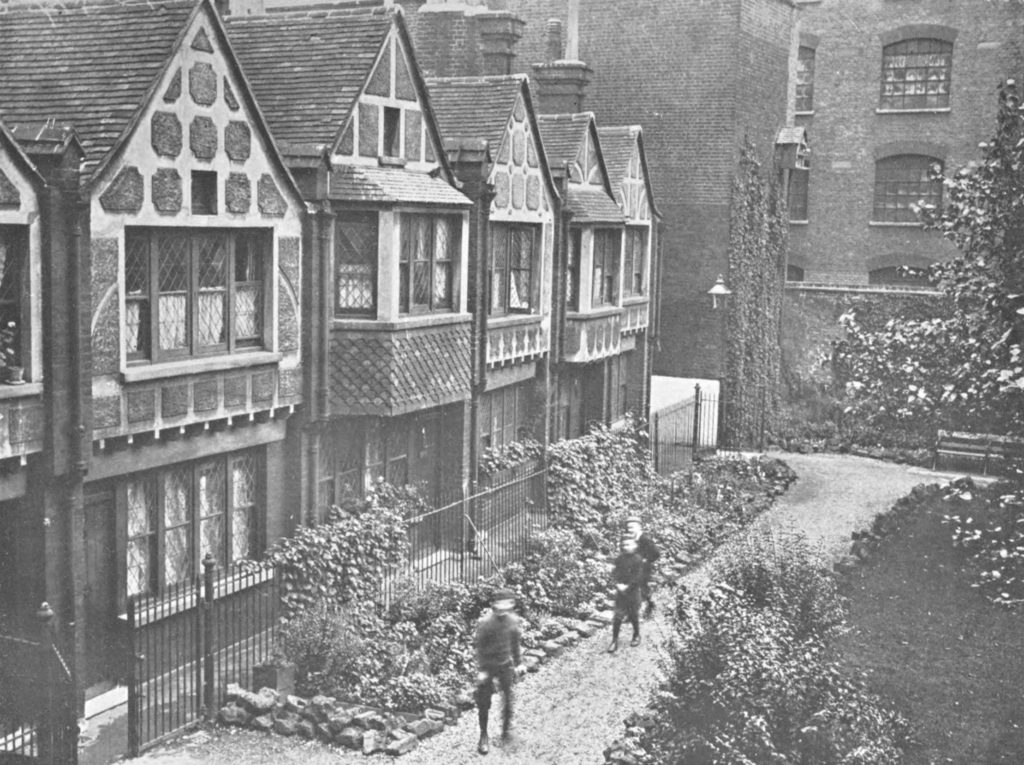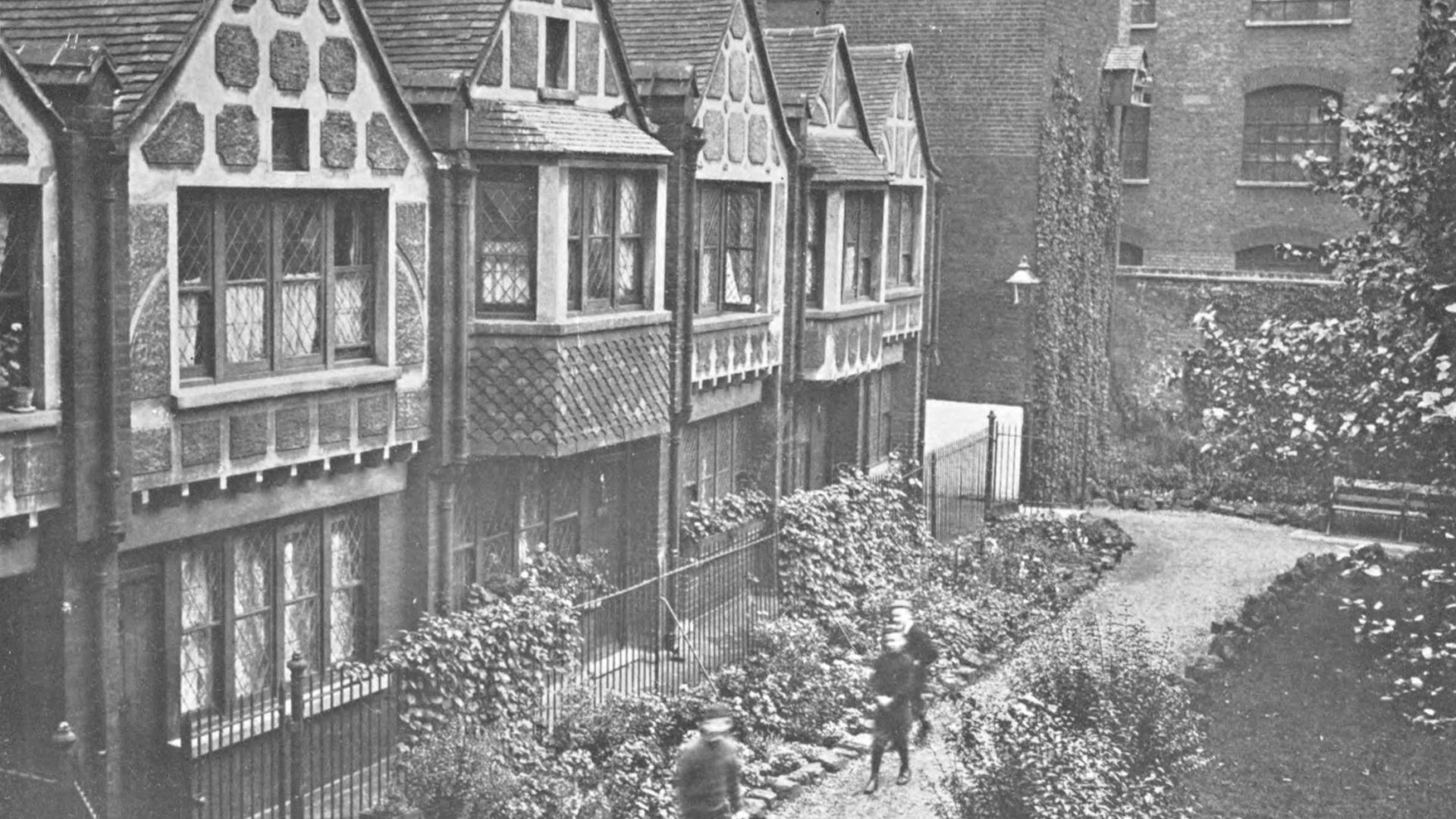
Hands up anyone who knows who Octavia Hill is? Not many people, by the looks of it. I heard mention of her in a short radio piece a couple of years ago, and was determined to find out more about the woman behind the name.
Hill was a remarkable person, and her achievements more so for her being a woman in a male-dominated society. She was born in 1838 to a middle-class family, but her father was declared bankrupt when she was only two years old, and died not long afterwards, so from then on, her family lived hand to mouth.
She received no formal education and worked from the age of 14. From an early age she was acutely aware of the poor working conditions of many of her peers. Her mother (who had first been engaged as a governess for Hill’s siblings by her widowed father) had strong views on social reform and passed these on to her daughter. As well as a general concern for living and working conditions, Hill’s particular concern was around access to open space.

She had two remarkably long-lasting achievements in her lifetime. The first was around the way in which social housing was managed. A friendship with John Ruskin early in her life led to her managing (at the age of 27) three cottages for him as a social project, following his inheritance. This was just the beginning. Within nine years, she had 15 housing schemes under her management and more than 3,000 tenants. Her management style was concerned but efficient, with a model for external investment at a return of 5% per year, with surplus proceeds ploughed back into the properties. She pioneered the concept of social workers, but was also very efficient at collecting rent and running the ‘business’ side of housing management.
However, Hill was also a natural campaigner, especially on environmental issues of the day. She believed in “the life-enhancing virtues of pure earth, clean air and blue sky” and wrote in 1883: “We want [for the working man] places where the long summer evenings or the Saturday afternoon may be enjoyed without effort or expense.” She saved many woodlands from felling for development, including Hampstead Heath, Parliament Hill and several in Kent. She also fought further afield, stopping parts of the Lake District from being developed.
Perhaps her most lasting legacy came as a result of this campaigning. In late 1893, she and two others formed the ‘National Trust for Places of Historic Interest or Natural Beauty’, later abbreviated to the National Trust. Its core values have strayed little from those years, and although a move into country houses and estates came later, it remains the second largest landowner in the UK (after the Forestry Commission).
So why am I telling you all this? Well, by all accounts, Octavia Hill was a relatively ‘ordinary’ person. She was neither rich, nor formally educated. She was not from the ruling elite. She was quite diminutive in stature. For me, this ordinariness is what makes her such a remarkable role model. Here is someone who had a very definite set of values and a clear understanding of how to apply them. It is common to say that people like her have ‘vision’. In reality, what this means is that they had good ideas and the drive to follow them through, even when it seemed that they were running against the grain.
It is easy to forget in our complicated world that individuals can make a change. What we do matters. Follow-through matters. Persistence pays off. Sharing your ideas and collaborating with others can increase the power and effectiveness of ideas and actions. And sometimes the ripples from these small actions far, far exceed what we expect.
So what fires you up? What injustices or issues would make you leap from your bed to shout out? And how might these issues be joined up into practical action in the way that Hill acted? For there is no doubt that her greatest achievements were not as a thinker, but a doer. Perhaps what we need is a movement that draws together the threads of access to green space, urban forestry and social policy – a champion for city parks and gardens. Or maybe an organisation that puts into action a right for all to properly funded horticultural therapy. Perhaps it is something closer to home – your local environment. Whatever it is, remember that all great movements start with small, practical actions.
[This piece was originally published as an article in the Garden Design Journal in July 2019 as part of the ‘Just Saying’ series]

